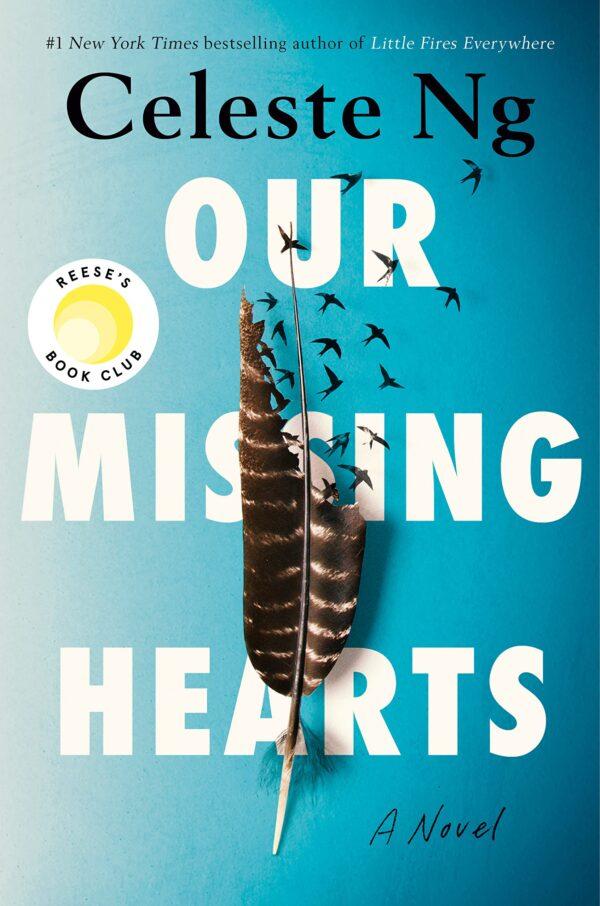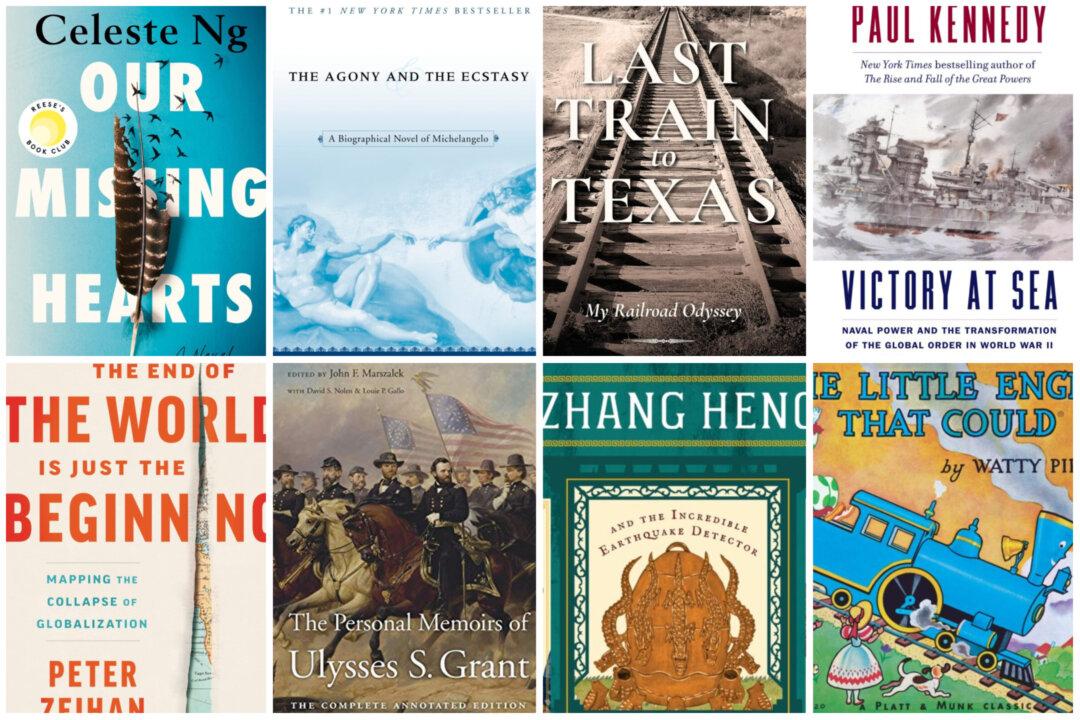This week, we feature a 1930s children’s classic that inspires optimism, and an insightful analysis of how modern globalization has come to its end.
Fiction

A Mother’s Loving Message
‘Our Missing Hearts’ By Celeste NgBird Gardner is 9 years old when his Chinese American mother leaves. His mother is a poet, and her words resonate in a world where patriotism has turned to paranoia. When he’s 12, he leaves his quiet existence and goes in search for her, finding clues in the library.





